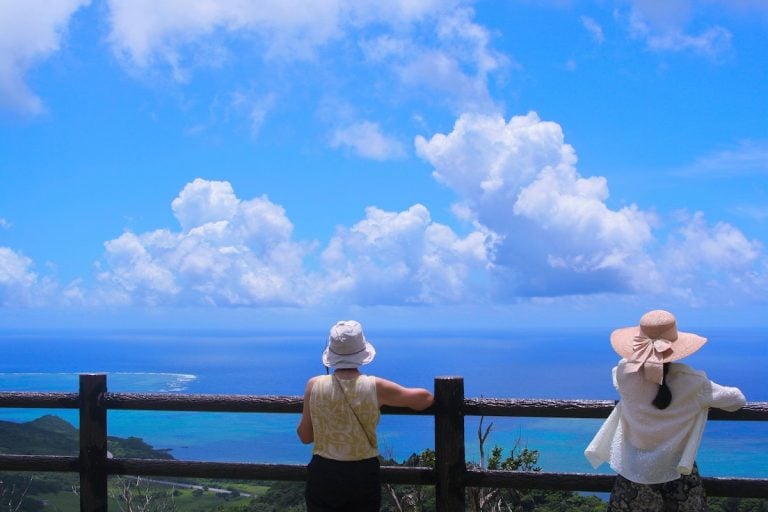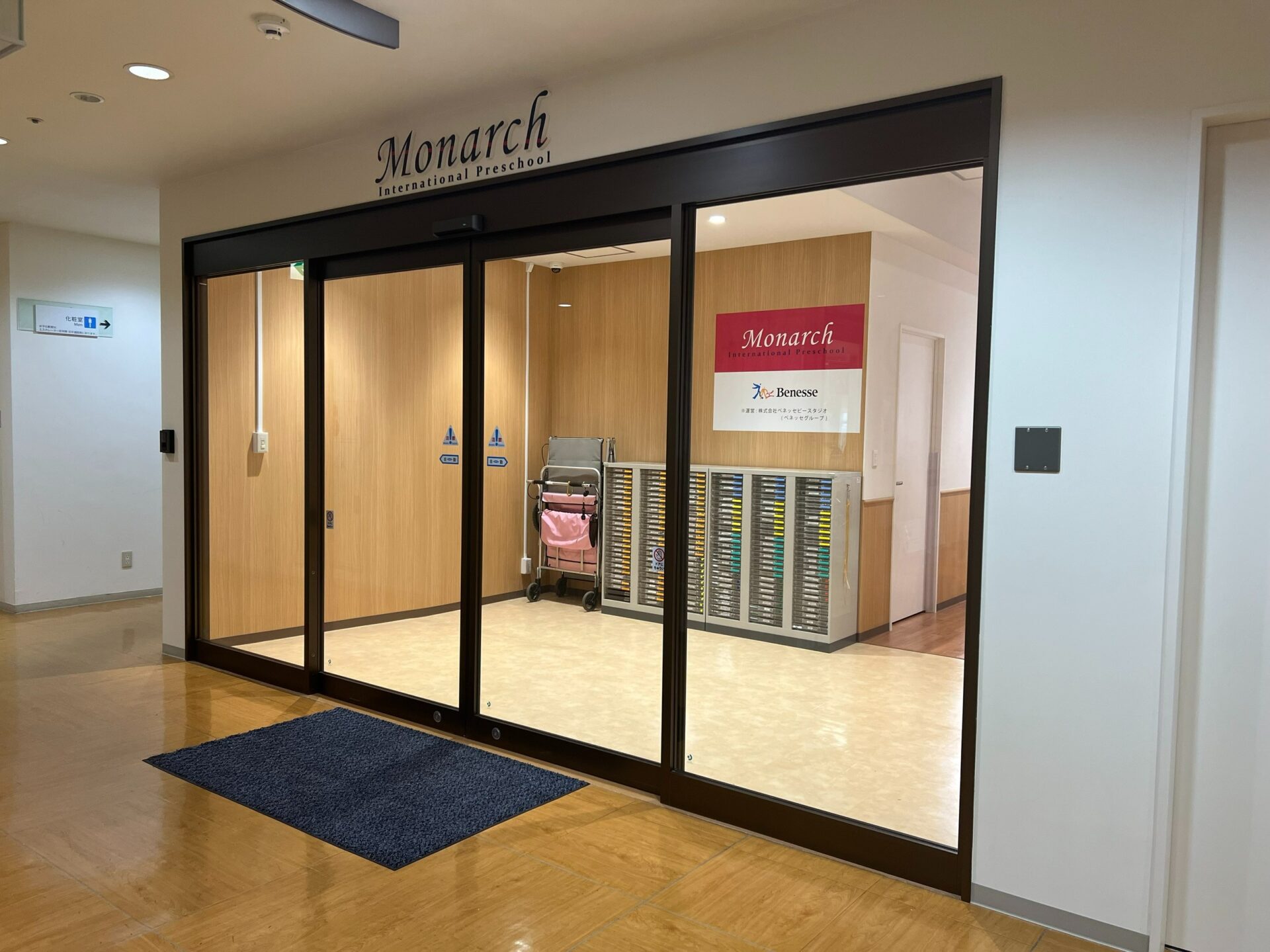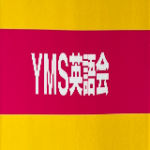
Whilst not nearly as generous as some European countries, Japan does fortunately have a fairly reasonable paid leave system. Called “yūkyū” (有休) in Japanese, all workers are legally entitled to some amount of leave. This is great news if you are on a working holiday, so that you can actually get around to the holiday part! For more long term or permanent expats, the system is also nice because the more years of service you provide, the more paid leave days you receive.
Today we are going to look at how to calculate how many paid leave days you are legally entitled too, as well as other questions like what happens to unused paid leave in Japan.
How much paid leave can I claim?
How many paid leave days you receive in Japan is calculated based upon your employment status (full time or part time), as well as how many years you have been working for the company. To make this easy to understand, please refer to the table.
| Full Time Employment | |||||||
| Years at company | 0.5 | 1.5 | 2.5 | 3.5 | 4.5 | 5.5 | >6.5 |
|---|---|---|---|---|---|---|---|
| Paid leave days | 10 | 11 | 12 | 14 | 16 | 18 | 20 |
So basically, we see that each year, after an initial 6 month waiting period, the number of paid leave days increases, but caps out after 6.5 years of service. Therefore, you will start working in Japan with 10 days of paid leave.
When can I start using my Paid Leave?
In Japan paid leave, or yūkyū, cannot be claimed until you have worked for the company for at least 6 months. Additionally, you must have been present for 80% of the working hours up to this point. This means that in your first six months, you cannot take paid leave, even if you are sick.
Paid Leave roll over
Fortunately, unused paid leave does roll over in Japan. The only catch is that any rolled over paid leave will expire after two years. If you didn’t use all of your rolled over paid leave from the year before last, be sure to use that remaining part this year, less it expires and you lose it.
How much am I paid during a paid leave period?
You will be paid your full rate during paid leave periods. This is usually calculated as an average.
Can I use my paid leave any day, and for consecutive days?
Leave must be applied for in advance in Japan. It is then up to management whether or not to grant it on the selected dates. Depending on your company, this can be an easy experience or a pain. Legally an employer must ensure that all employees use at least 5 paid leave days each year, and many employers force or strongly push you to use these five over the new year period, whether or not that is your actual preference.

Public holidays and paid leave in Japan
Most employers in Japan allow employees to rest on the following 16 national holidays:
- New Year’s Day: January 1
- Coming of Age Day: Second Monday in January
- National Foundation Day: February 11 (2022)
- Emperor’s Birthday: February 23
- Vernal Equinox: March 21 (2022)
- Showa Day: April 29
- Constitution Memorial Day: May 3
- Greenery Day: May 4
- Children’s Day: May 5
- Marine Day: Third Monday in July
- Mountain Day: August 11
- Respect for the Aged Day: Third Monday of September
- Autumnal Equinox: September 23 (2022)
- Health and Sports Day: Second Monday of October
- Culture Day: November 3
- Labor Thanksgiving Day: November 23
However, it is important to note that employers are not actually required by law to provide the above-mentioned holidays as non-working days. Furthermore, if a holiday, employers are not obligated to pay the employees for such national holidays. Some unfair workplaces (called black companies in Japan) may try to force employees to use their paid leave on public holidays! It is something to watch out for, but technically legal.
How does sick leave work in Japan?

There is no official sick leave in Japan. However paid leave (yūkyū) can usually be claimed for sick days if you have any remaining. Otherwise, you will not be paid for the absent day. This means that in your first six months of working, you will not be paid for days taken of sick, as you haven’t earnt any paid leave days yet.
Is Annual leave paid out when leaving a job?
In Japan, under the majority of circumstances, paid leave cannot be paid out as cash. This is because paid leave is intended for the wellbeing of employees to encourage rest. The fear is that most employers would choose to pay out leave, and deprive works of rest.
If you voluntarily quite a position in Japan, the employer is not required to pay out any outstanding annual leave. On the other hand, if you are made redundant, you will either be given the chance to use accumulated annual leave, or your contract canceled with 30 days severance pay. Usually, the employer will choose the cheaper option for themselves. Some employers will not remind you about your remaining leave, so it’s up to you to use it before your contract termination date.
In summary, workers in Japan enjoy a moderately good paid leave system, which with enough years of service becomes quite good with 20 days of annual leave. The downsides are that sick leave is included in the same allocation of days, and that paid leave cannot be cashed in. If you are looking to leave your position, or find yourself made redundant, be sure to claim your paid leave before your contract termination date, else you lose it all!















